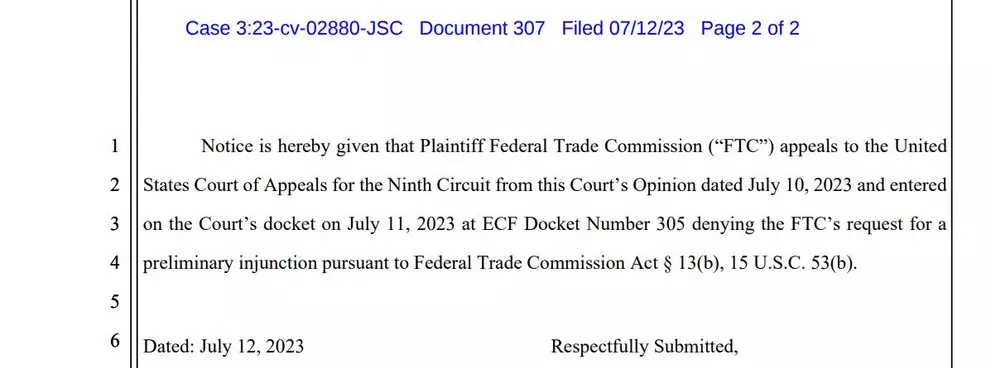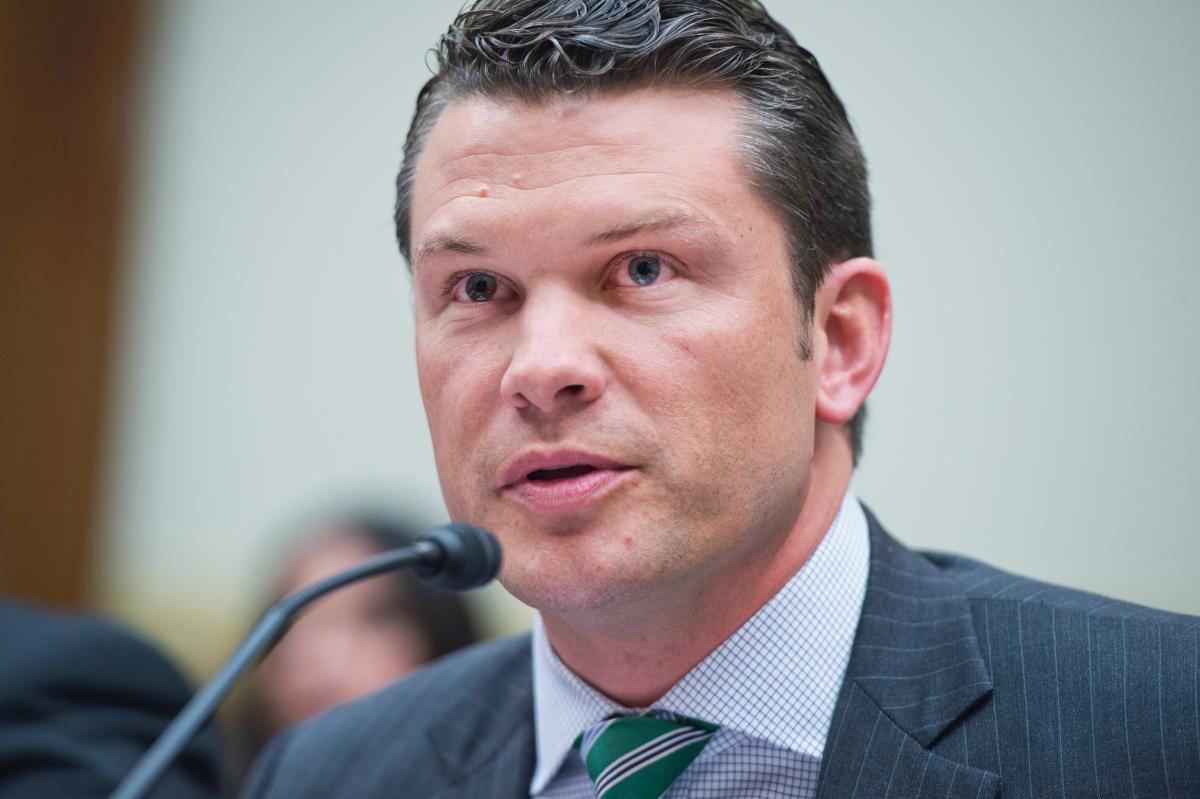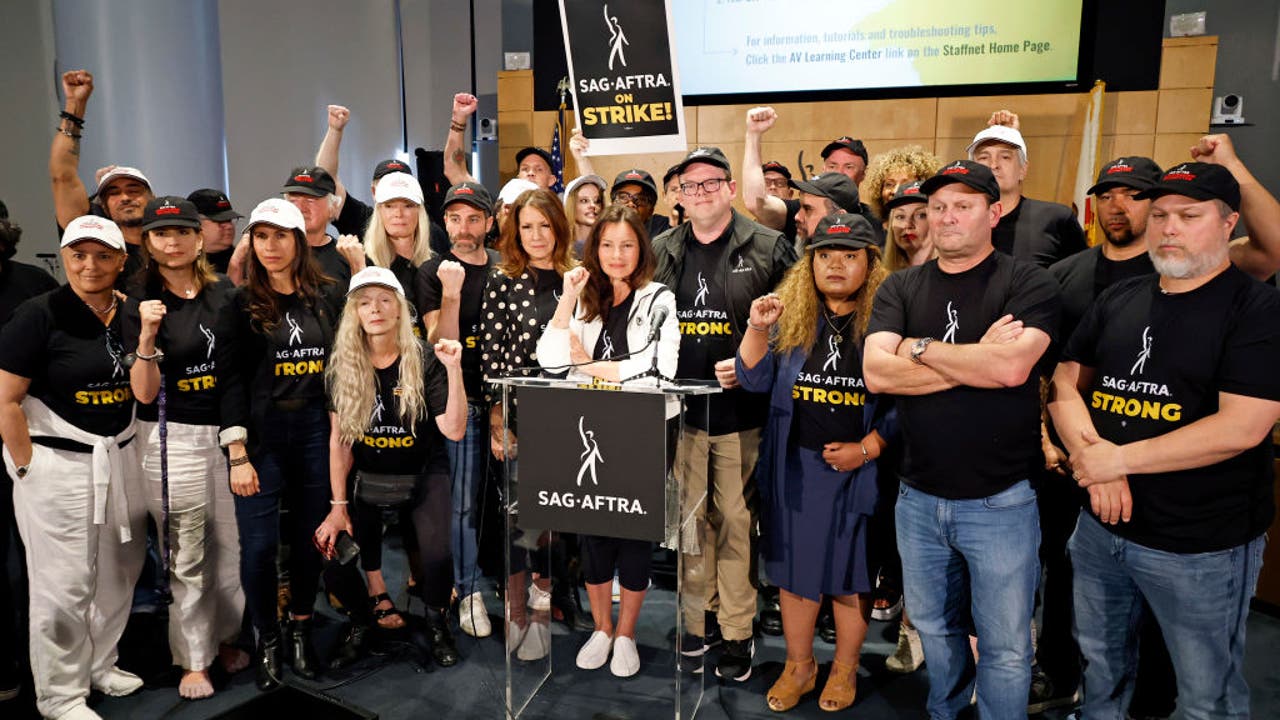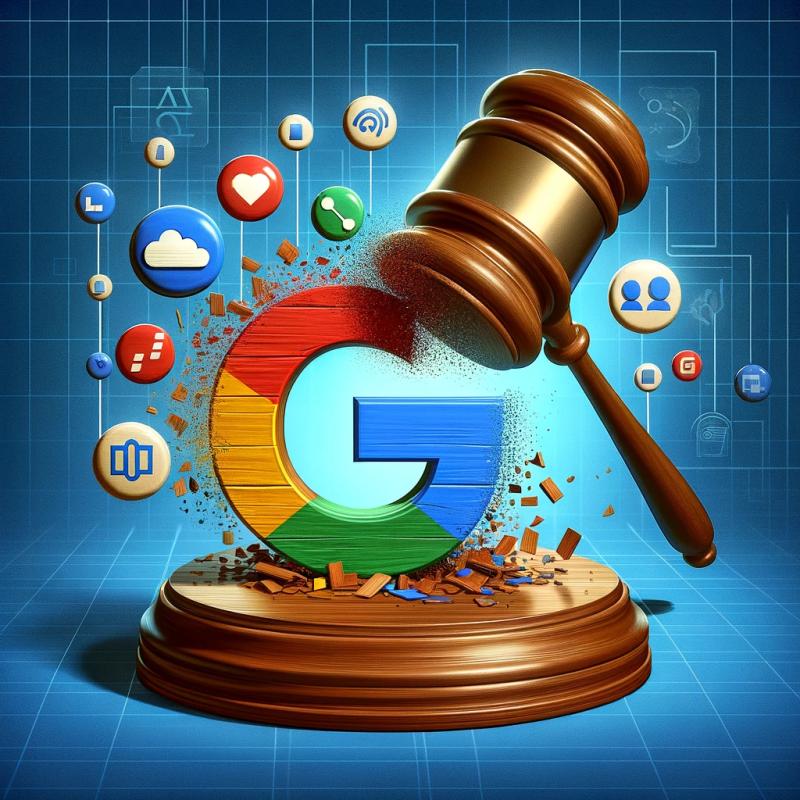FTC Appeals Activision Blizzard Acquisition Ruling: What's Next?

Table of Contents
The FTC's Arguments Against the Acquisition
The FTC's opposition to the Microsoft-Activision Blizzard merger rests on two key pillars: concerns about Call of Duty's dominance and broader anti-competitive fears.
Concerns about Call of Duty's Dominance
The FTC argued that Microsoft acquiring Activision Blizzard would grant them an unfair competitive advantage, particularly concerning Call of Duty. This immensely popular franchise holds a significant market share and boasts massive profitability. The FTC's central worry is that Microsoft could leverage this control to make Call of Duty exclusive to Xbox, effectively harming competitors like PlayStation and potentially stifling innovation within the gaming industry.
- Call of Duty's market share and profitability: Call of Duty consistently ranks among the top-selling games globally, generating billions in revenue annually.
- Potential for Microsoft to make Call of Duty exclusive to Xbox: Restricting access to such a popular title could significantly damage competing consoles and platforms.
- Impact on PlayStation and other gaming platforms: Excluding Call of Duty from PlayStation would likely drive players toward Xbox, potentially creating a monopoly.
Broader Anti-Competitive Concerns
Beyond Call of Duty, the FTC expressed broader concerns about Microsoft's growing market power in the gaming industry. The acquisition, they argued, would further consolidate Microsoft's already substantial presence in gaming consoles, PC gaming, and game development. This increased power could lead to anti-competitive behavior, impacting game development, pricing, and ultimately, consumer choice.
- Microsoft's existing market share in gaming consoles and PC gaming: Microsoft's Xbox consoles and its significant PC gaming presence already represent a formidable market force.
- Potential for Microsoft to leverage its ownership of Activision Blizzard to limit competition in other gaming markets: This includes potential control over game distribution, subscription services, and other aspects of the gaming ecosystem.
- Impact on game development and pricing: Reduced competition could lead to higher prices, less innovation, and fewer choices for gamers.
Microsoft's Defense and Counterarguments
Microsoft has vigorously defended the acquisition, presenting counterarguments to the FTC's claims. Their defense centers on commitments to maintain Call of Duty's availability and challenges to the broader anti-competitive claims.
Commitment to Maintaining Call of Duty's Availability
Microsoft has repeatedly pledged to continue making Call of Duty available across multiple platforms, including PlayStation, emphasizing its commitment to a fair and competitive gaming market. They've proposed long-term agreements to ensure continued access to the franchise for PlayStation players.
- Details of Microsoft's proposed agreements with competitors: These agreements aim to address the FTC's concerns by legally binding Microsoft to maintaining Call of Duty on competing platforms.
- Arguments that the acquisition will foster competition, not hinder it: Microsoft argues that the combined resources and expertise will lead to increased innovation and a wider variety of games for consumers.
- Examples of similar acquisitions that have not resulted in anti-competitive practices: Microsoft has cited examples of past acquisitions in the tech industry that have not led to monopolies or stifled competition.
Dispelling Anti-Competitive Claims
Microsoft has directly challenged the FTC's assertion that the acquisition would create a monopoly. They argue that the gaming market is highly dynamic and competitive, with numerous players vying for market share.
- Evidence presented to counter the FTC's claims: Microsoft has presented data and analysis aiming to refute the FTC’s claims regarding market dominance and anti-competitive behavior.
- Counterarguments concerning market share and competitive landscape: They emphasize the presence of strong competitors such as Sony, Nintendo, and other significant game developers.
- Highlighting the benefits of the merger for game developers and consumers: Microsoft has claimed the merger will lead to benefits such as better games, increased innovation, and potentially lower prices for consumers.
The Appeal Process and Potential Outcomes
The FTC's appeal will likely be a lengthy process with significant consequences for the gaming industry.
Timeline and Next Steps
The appeal process could span several months or even years. It involves legal briefs, evidence submission, and potentially court hearings.
- Estimated timeframe for the appeal process: The complexity of the case suggests a protracted legal battle.
- Potential legal strategies employed by both sides: Both sides will likely employ experienced legal teams and various strategies to support their arguments.
- Possible outcomes of the appeal, including upholding the original ruling or reversing it: The appellate court could uphold the original ruling, reverse it, or send the case back to the lower court for further proceedings.
Impact on the Gaming Industry
The FTC Activision Blizzard Acquisition case's outcome will significantly impact the gaming landscape, setting precedents for future mergers and acquisitions.
- The impact on game development and distribution: The decision could affect how games are developed, priced, and distributed in the future.
- Potential changes to regulatory oversight of mergers and acquisitions in the gaming sector: This case may lead to stricter regulatory scrutiny of future mergers and acquisitions in the gaming industry.
- Long-term implications for competition and consumer choice: The ruling will have long-term effects on the competitive dynamics of the gaming market and ultimately, the choices available to consumers.
Conclusion
The FTC's appeal of the Activision Blizzard acquisition ruling represents a pivotal moment in the gaming industry. The outcome will profoundly impact competition, market dynamics, and the future of gaming itself. The arguments presented by both sides highlight the complexities surrounding mergers and acquisitions in competitive markets. To stay updated on the latest developments and understand the implications of this landmark case, continue to follow the unfolding events surrounding the FTC Activision Blizzard Acquisition. Stay informed and keep monitoring this evolving situation.

Featured Posts
-
 Hegseth Family Communication Reveals Sensitive Military Information
Apr 22, 2025
Hegseth Family Communication Reveals Sensitive Military Information
Apr 22, 2025 -
 Toxic Chemical Residue From Ohio Train Derailment A Building By Building Analysis
Apr 22, 2025
Toxic Chemical Residue From Ohio Train Derailment A Building By Building Analysis
Apr 22, 2025 -
 Hollywood Strike Actors Join Writers Bringing Production To A Halt
Apr 22, 2025
Hollywood Strike Actors Join Writers Bringing Production To A Halt
Apr 22, 2025 -
 The Case For Breaking Up Google Examining The Risks And Rewards
Apr 22, 2025
The Case For Breaking Up Google Examining The Risks And Rewards
Apr 22, 2025 -
 Gambling On Catastrophe Analyzing The La Wildfires Betting Market
Apr 22, 2025
Gambling On Catastrophe Analyzing The La Wildfires Betting Market
Apr 22, 2025
